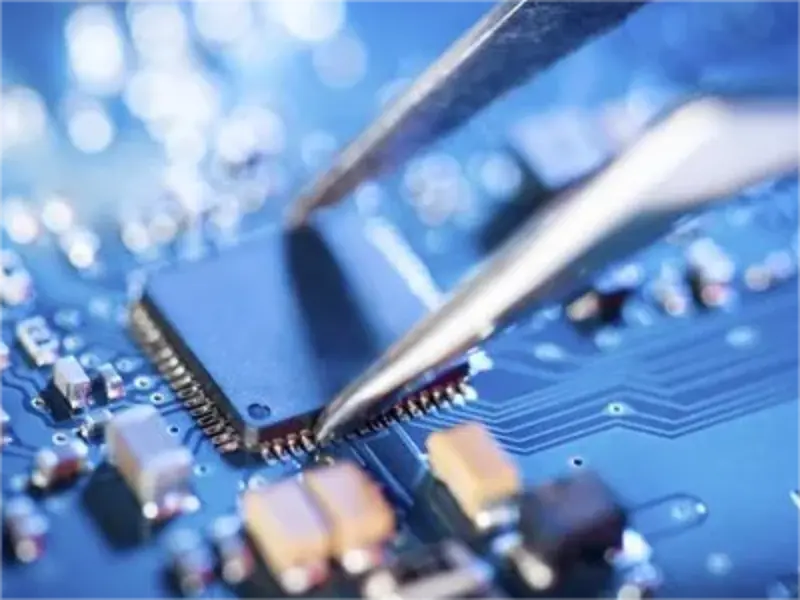- The European Union has been urged to update its Chip Act, a revised version 2.0, to boost the continent’s semiconductor industry.
- The European Semiconductor Industry Association (ESIA) highlighted the need to reduce export restrictions and increase ready-to-use assistance under the incoming European Commission.
OUR TAKE
These calls reflect the European semiconductor industry’s concerns about the current global market environment and strategic considerations for the future development of the semiconductor industry. The semiconductor industry needs to see a strong European open trade policy that balances the industry’s need to access international markets with the need for protective measures.
— Iydia Ding, BTW reporter
What happened
The European Union has been urged to update its Chip Act, a revised version 2.0, to boost the continent’s semiconductor industry. In light of ongoing geopolitical tensions and increasing competition, the European Semiconductor Industry Association (ESIA) has promoted the initiative. ESIA stressed the need for a more strategic approach to chip policy under the incoming European Commission, calling for fewer export restrictions and an increase in ready-to-use aid.
ESIA stressed the need for the new European Commission to take a more strategic approach to chip policy, reducing export restrictions and increasing readily available aid. They believe that semiconductors are a truly global industry and therefore also require a high degree of openness in the supply chain. European chipmakers say a valid business case might start with selling 500m high-quality components, a scale that the European market alone cannot provide. They therefore call on the EU to adopt an “open trade” policy towards the semiconductor industry and adopt a proactive approach to protecting economic security based on support and incentives, rather than a defensive approach that relies on restrictions and protective measures.
Also read: Chinese firms seek US chips via Amazon cloud
Also read: Intel bets on China’s electric car market with new AI chips
Why it’s important
The ESIA also recommends that the EU establish a structured mechanism to permanently involve industry in export control issues, and an official body to coordinate export controls, with the semiconductor industry in a permanent advisory role. They argue that there is a need to see a strong European open trade policy that balances the sector’s need to access international markets with the need for protective measures.
These calls reflect the European semiconductor industry’s concerns about the current global market environment and strategic considerations for the future development of the semiconductor industry. Version 2.0 of the EU’s Chip Act is expected to contain a series of measures aimed at increasing Europe’s competitiveness and market share in the global semiconductor market.

